Is Blue Light Damaging Your Skin? We Asked the Experts



Katrina Mitzeliotis Lanza


Trying to limit screen time sounds great in theory, but it can feel impossible to accomplish when everything from work Zoom meetings to a relaxing Insta-scroll involves your computer, tablet, or phone. But stepping away from the screen does have real benefits—especially when it comes to your skincare routine.
We know screen time is responsible for eye strain, tech neck, and headaches, but there’s another factor to consider: blue light from our devices (like your smartphone and computer screen). Could consistent exposure to blue light be contributing to premature signs of aging and the appearance of dark spots? We turned to the experts to break down exactly what blue light is, how it’s impacting our skin, and what we can do to protect ourselves.
It's about glam time you treated yourself.
Join IPSY

MEET THE EXPERT
Hadley King, MD, FAAD, is a board-certified dermatologist in NYC who specializes in medical and cosmetic dermatology. She is also a clinical instructor of dermatology at the Weill Medical College of Cornell University.
What Is Blue Light?
Blue light is light that’s given off from our devices. When you reach for your phone and tap the screen, you can see it light up—that visible light is known as “blue light,” which is really high-energy visible light, (or HEV light for short), made up of blue wavelengths from the visible light spectrum. While blue light is associated with screentime, the majority of blue light we’re exposed to comes from the sun along with UV light (or UVA and UVB rays). “HEV light is primarily from the sun, but it's also emitted by smartphones, tablets, televisions, fluorescent bulbs and computer screens,” says Hadley King, MD, FAAD, board-certified dermatologist in NYC.
A major increase in screen time has us more concerned with whether or not spending so much time in front of our devices is detrimental. While blue light exposure has been linked to a variety of health issues, (specifically related to the eyes), not all blue light is bad. When exposed to blue light in moderation, it offers up a slew of benefits.
“Routine exposure to blue light, preferably from daylight, helps regulate our body's sleep-wake cycle, improves our mood, keeps us alert and can enhance memory,” says Dr. King. While some exposure can help regulate your sleep cycle, too much time staring at your screen before bed can actually mess with your body's natural circadian rhythm.
Is Blue Light Harmful to Skin?
While there are some benefits to blue light exposure, how it impacts our skin is reason enough to protect your complexion. “It can cause skin to age prematurely (also known as photo-aging),” says Dr. King. Just like sun damage from UV light, HEV light can lead to free radical damage, which contributes to early signs of aging. “These free radicals (or reactive oxygen species) cause skin cells to produce enzymes that break down collagen and elastin in the skin,” says Dr. King.
HEV light can penetrate into the lower layers of skin called the dermis. Luckily, blue light isn’t associated with skin cancer, however it can make dark spots and redness more prominent. “It can also contribute to hyperpigmentation and may play a part in melasma and age spots,” says Dr. King.
How to Protect Your Skin From Potential Blue Light Damage
The effects of blue light can be detrimental to the skin, but unfortunately we still don’t know just how much screen time is responsible for causing damage, nor do we know whether blue light from our digital devices is more harmful than the blue light emitted from sun exposure. While it would be useful to pinpoint the exact amount of time that can cause skin damage and contribute to dark spots and early signs of aging, it isn’t that simple. Instead, it’s best to exercise caution to protect our skin. Incorporate these small changes into your daily routine to make a difference.
1. Switch Devices to Night Mode
While a digital detox definitely has its benefits, getting away from electronic devices altogether unfortunately isn’t the most realistic advice. Instead, switch to night mode. “Enabling the “night mode” settings on your digital devices permanently significantly reduces the blue light in favor of harmless yellow light,” says Dr. King.
2. Use a Blue Light Screen Protector
Screen protectors that block out blue light can also help. “One option is to install covers that block the blue light from smartphones, tablets, and computer monitors,” says Dr. King. Blue light glasses are great for protecting our eyes, but they don’t exactly protect our skin. So, using a blue light screen protector alongside with blue light filtering glasses is a great idea to protect both your skin and eyes.
3. Use An SPF That Blocks Out Blue Light
While your sunscreen may block out ultraviolet light, unfortunately it might not be capable of filtering HEV light. “Not all sunscreens include blue light in their standard broad-spectrum UVA/UVB coverage,” says Dr. King. While mineral sunscreens that are made of zinc oxide and titanium dioxide can block out visible light, “when micronized, they lose this ability,” says Dr. King. Look for sunscreen that contains the antioxidant Licochalcone A for added protection.
“Clinical research has shown that sunscreens containing Licochalcone A offer effective and extended protection from HEV light in addition to UV,” says Dr. King. You can also try tinted iron oxide. “Tinted iron oxide can also help cosmetic formulations to block visible light,” says Dr. King. “We think that it takes about 3.5% iron oxide to get some visible light protection.”
4. Use Skincare Products Filled With Antioxidants
Look for skincare products that contain antioxidants (like a vitamin C serum) to protect against oxidative stress, which contributes to skin aging. The same way these moisturizers, creams, lotions, and serums protect against environmental stressors (like the sun and pollution) they can also protect your skin against free radical damage caused by blue light. “For example, antioxidants Licochalcone A and Glycyrrhetinic Acid have been shown to work together to protect skin cells in the deeper epidermal layers from sun-induced damage,” says Dr. King.
We love how affordable this Blue Light Facial Serum Boost from FOURTH RAY BEAUTY is. A good rule of thumb is to look for skincare that says ‘anti-pollution’ as those types of products are packed full with antioxidants from essential vitamins and superfruits.
Best Blue Light Protecting Skincare Products
1. Best SPF:
SUPERGOOP! Glowscreen SPF 40


For those days when you don’t have time to put on a full face of makeup, reach for this hydrating primer that will leave your skin looking dewy all while protecting you against blue light. This vegan, cruelty-free, reef-safe formula also looks great on all skin tones. “It contains hyaluronic acid and vitamin B5 to help boost moisture in the skin, sea lavender for antioxidant protection, and cocoa peptides to help protect from blue light,” says Dr. King.
2. Best For Dull Skin:
PAULA'S CHOICE Super Antioxidant Serum


Brighten your complexion and improve your skin texture with this effective antioxidant blend of vitamin C, vitamin E, peptides, and ceramides. They help fight off free radical damage, brighten your appearance, and fade pigmentation.
3. Best For Your Under Eyes:
BEAUTYSTAT Universal C Eye Perfector


Late night? The delicate skin around our eyes needs protection from blue light from your computer and smartphone. This potent eye cream packed with antioxidants is just what you need. Stabilized vitamin C and green tea extract helps fade the appearance of fine lines and wrinkles, reduce puffiness, and minimize dark circles to leave you looking refreshed. Bonus: It’s also suitable for all skin types.
4. Best Serum Booster:
FOURTH RAY BEAUTY Blue Light Facial Serum Boost

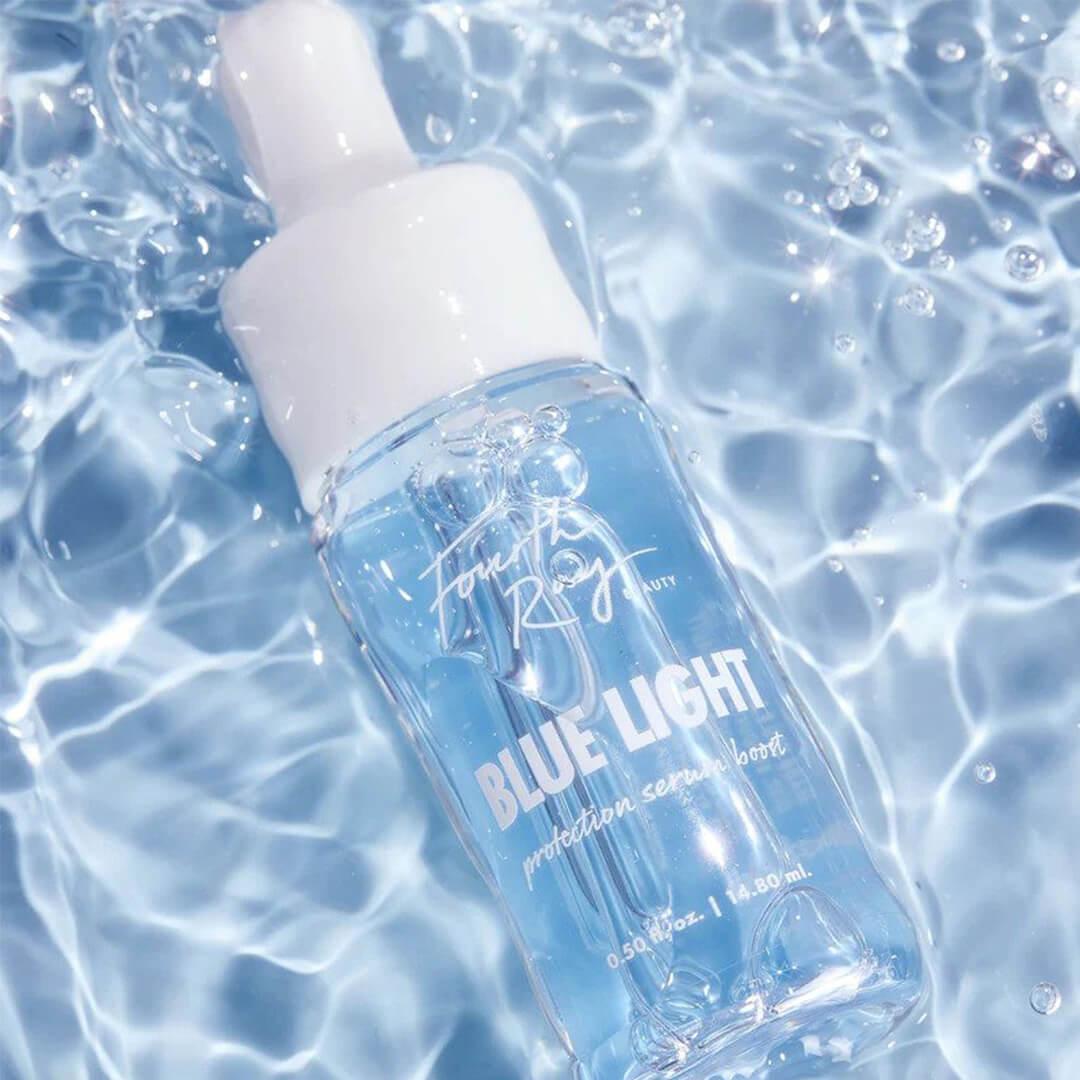
Add a boost to your serum! Wake up your skin with this antioxidant-packed serum. Made with lingonberries, apple extract, glycerin, and aloe, this serum booster is a dose of hydration and antioxidant protection for your skin. You’ll notice your skin looks more awake and instantly hydrated and bouncy after using it.
Interested in learning about the best ingredients to target your skin concerns? Take our Beauty Quiz now to get started with your own IPSY beauty subscription. Already an IPSY member? Refer your friends to earn points, which you can use toward products. Either way, don’t forget to check us out on Instagram and TikTok @IPSY.
Like this article? Share it with your friends by clicking the icons below!
Liked this post? Share!
Related Stories

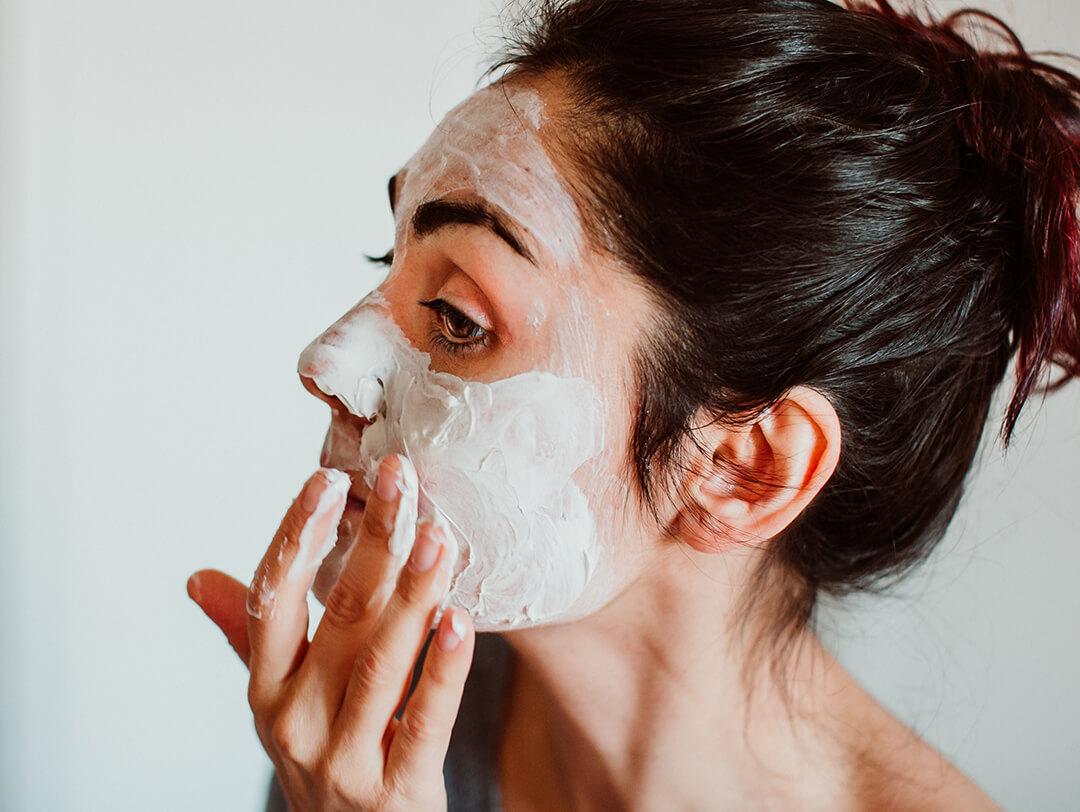
Skin
22 Amazing Vegan Skincare Brands You Have To Try
Published on Nov 2, 2021


Skin
Who Needs a Pro Spa Day? These Tips Will Help You Create the Ultimate DIY Home Spa
Published on Sep 17, 2021
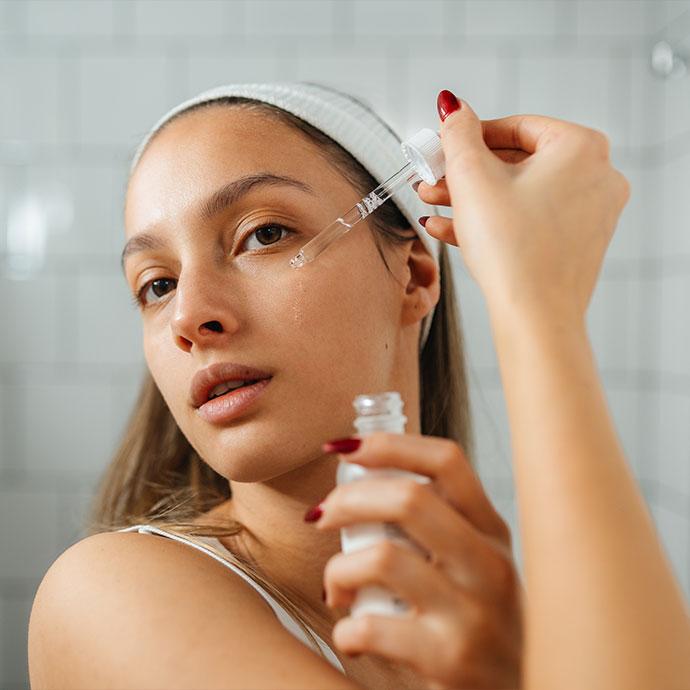
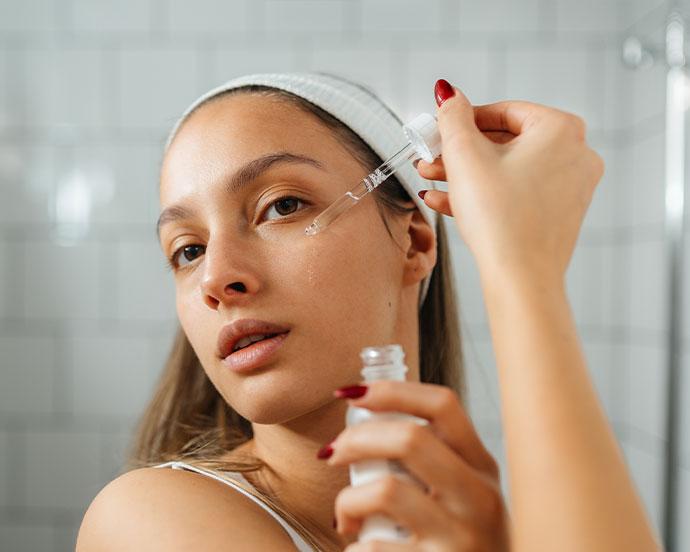
Skin
Rebound Hydration Is the Skin Reset Your Barrier’s Been Asking For
Published on Jan 28, 2026 • 3 min read
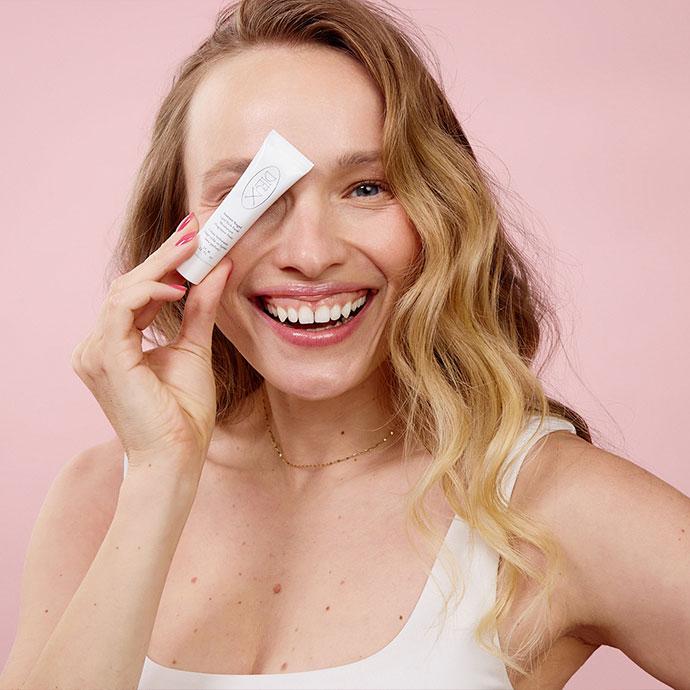
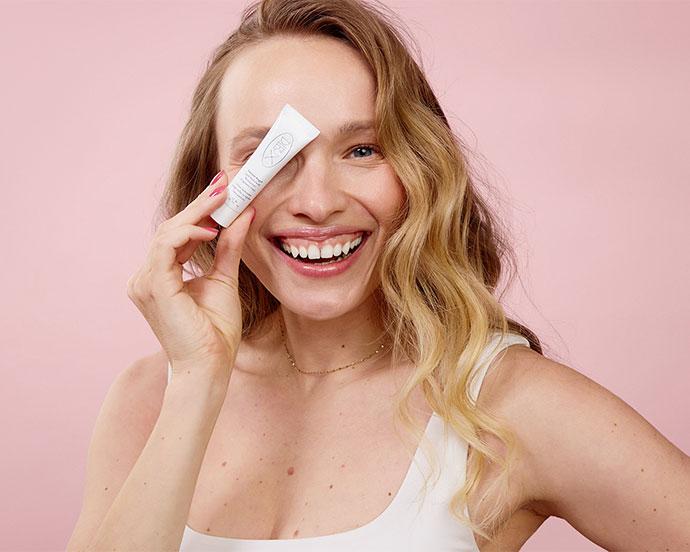
Skin
The No-BS Skincare Movement Starts With DIEUX SKIN
Published on Jan 27, 2026 • 4 min read
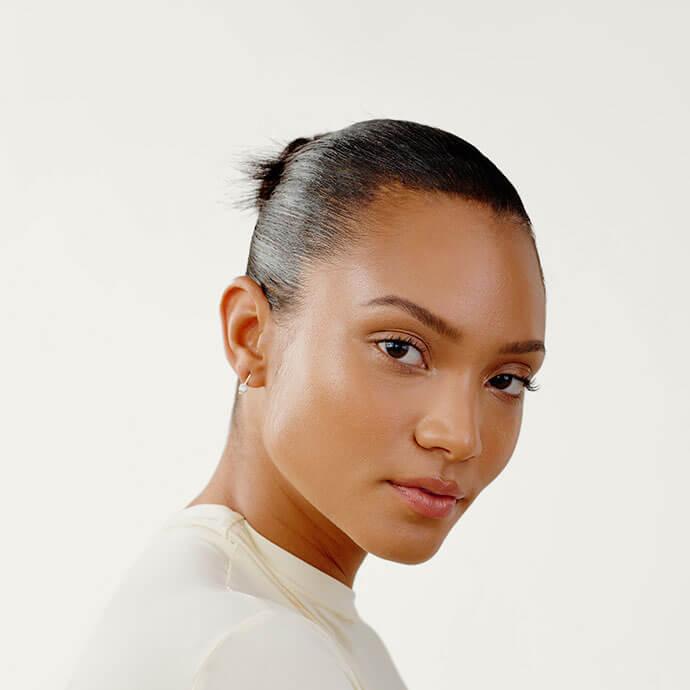
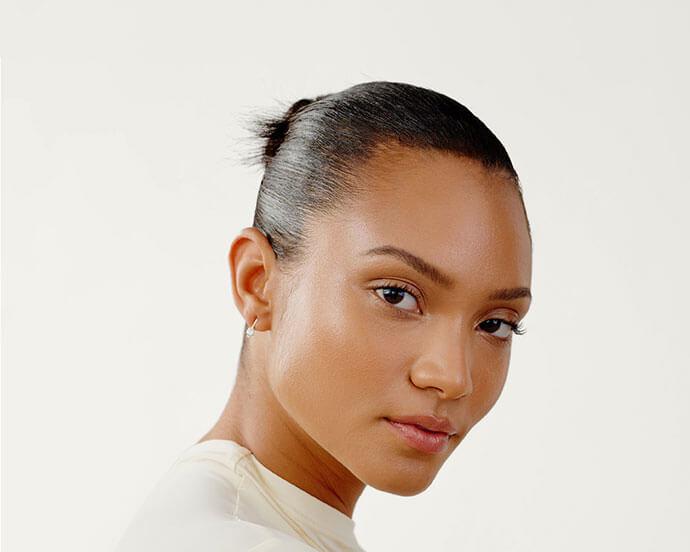
Skin
Skinimalism Is the Ultimate Stripped-Back Skincare Trend
Published on Jan 22, 2026 • 6 min read


Skin
Spring Is Coming—Is Your Skincare Ready?
Published on Jan 15, 2026 • 4 min read
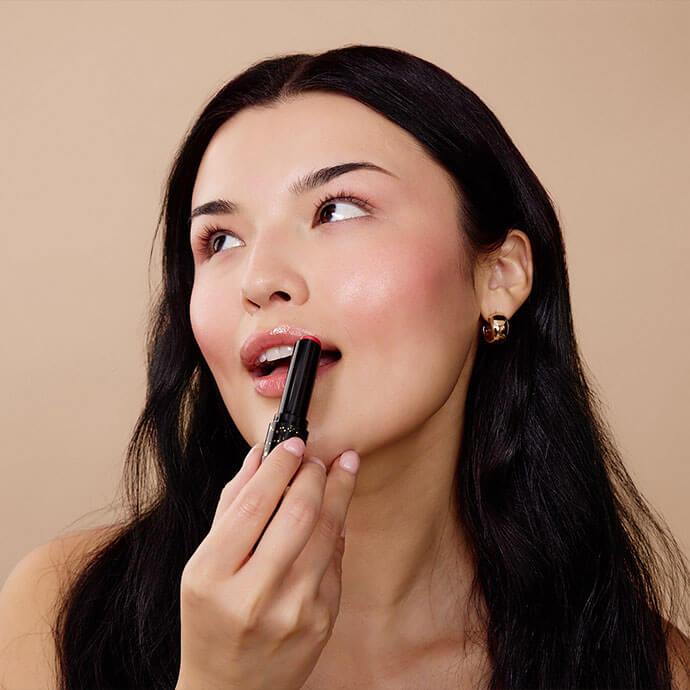
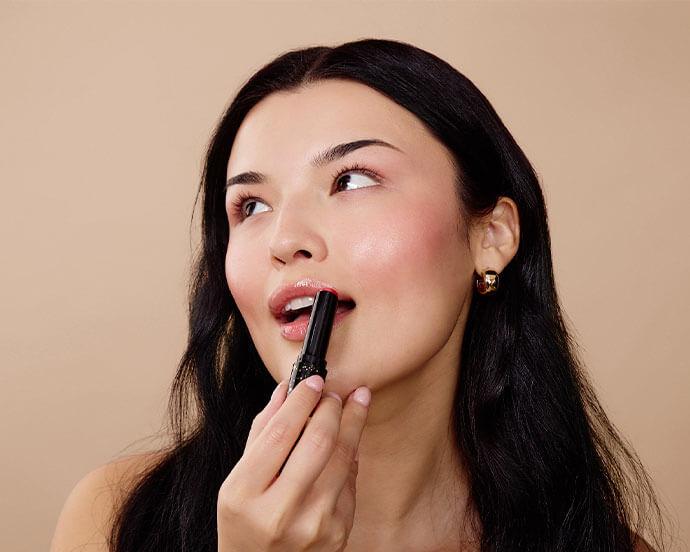
Skin
The Hydration Sandwich Trend Will Save Your Dry Lips This Winter
Published on Jan 13, 2026 • 4 min read


Skin
What Is the Skin Barrier & Why Is Everyone Talking About It?
Published on Jan 12, 2026 • 6 min read


Beauty Picked Just for You
Get 5 products worth up to $70
Plus exclusive access to epic deals up to 80% off
Starting at just $14/month. Cancel anytime.